JOKER (Post Workout)
$59.99
In stock
What is Collagen?
Collagen is the most abundant protein in our body. There are many types of collagen. It is found in muscles, bones, skin, blood vessels, digestive tract, and tendons. It helps to increase the firmness and elasticity of our skin by replacing dead skin cells. When it comes to our joints and tendons, it simply acts as the glue that helps hold the body together.
What are the Benefits of Collagen?
Skin, Hair Health and Collagen
As we age, collagen production decreases. This causes wrinkles and sagging on the skin. Increased collagen levels help skin appear stronger, increase smoothness, and help skin cells regenerate and repair normally.
Studies investigating the anti-aging properties of collagen have found that among women aged 35-55 years, 2.5-5 grams of collagen hydrolyzate used once a day for eight weeks significantly improves skin elasticity, skin moisture, transepidermal water loss. Collagen can also reduce cellulite and surgical scars (1).
Joints and Collagen
When collagen decreases in the body, tendons and ligaments move less and become stiff and swollen. Collagen with its gel-like structure that holds the bones; Thanks to its slipperiness, it allows us to move (2). It helps the joints move more easily, reducing the pain associated with aging and the risk of joint deterioration (2, 3).
A study at Harvard’s Beth Israel Deaconess Medical Center observed that supplementing with type 2 collagen helped patients with rheumatoid arthritis relieve painful symptoms by reducing swelling in tender joints (4).
Another study published in the International Journal of Medical Sciences found that people with osteoarthritis joint pain treated with type 2 collagen showed significant increases in daily activities such as climbing stairs or sleeping, and an overall improvement in their quality (5).
Digestion and Collagen
Collagen helps break down proteins and relaxes the lining of the intestines. It also heals damaged cell walls. Another digestive benefit of collagen is that it aids in the formation of connective tissue, thereby sealing and healing the protective lining of the gastrointestinal tract. Today, many diseases are actually caused by inflammation or irritation from an unhealthy gut. Studies have shown that serum collagen levels are low in people with irritable bowel syndrome (6).
Metabolism, Muscle Mass and Energy Output
The increase in the amount of collagen in the body helps increase lean muscle mass and convert essential nutrients into energy. Thus, the metabolic rate also increases. It helps maintain muscle mass, support posture and bone health. When consuming collagen, it is necessary to consume vitamin C to enable the body to convert it into a usable protein.
Strengthening Hair and Teeth
collagen protein; It is the building block of nails, hair and teeth. Consumption of adequate amounts of collagen helps strengthen nails and hair (7).
Collagen Types and Sources
There are at least 16 different types of collagen in the human body. These are collagen types 1, 2, 3, 5 and 10. However, the vast majority of collagen (between 80 percent and 90 percent) consists of types 1, 2, and 3 (8). In particular, Type 1 collagen makes up about 90 percent of the body.
The Most Commonly Found Collagen Types
Type 1 Collagen
Type 1 collagen is considered the most abundant and strongest type of collagen in the human body. It consists of eosinophilic fibers that make up parts of the body, including tendons, ligaments, organs, and skin (dermis). Type 1 collagen also helps build bones. It is also important that it accelerates the healing of wounds, gives the skin a taut and elastic quality, and holds the tissues together.
Type 2 Collagen
Type 2 collagen helps build cartilage, which is primarily found in connective tissues. The health of the joints relies on cartilage made from type 2 collagen. It is therefore useful for preventing age-related joint pain or various arthritis symptoms.
Type 3 Collagen
Type 3 collagen consists of reticular fibers, the main components of the extracellular matrix that makes up our organs and skin. It is usually found with type 1 and gives the skin its elasticity and firmness. It also forms blood vessels and tissues within the heart. For these reasons, type 3 collagen deficiency has increased ruptured blood vessels, according to results from certain animal studies.
Type 4 Collagen
Type 4 collagen has an important function in forming the basal lamina found in tissue-forming endothelial cells that surround organs, muscles and fat. The basal lamina is essential for various nerve and blood vessel functions. Most of our digestive organs and respiratory surfaces
they form.
Type 5 Collagen
Type 5 collagen is found in hair strands and tissues. It is also necessary to form the surface of cells.
Type 10 Collagen
Type 10 collagen helps in the formation of new bone and articular cartilage. It has been found to be beneficial in bone fracture healing and repair of synovial joints
“What is collagen, what does it do?” You can also check this article for detailed information.
Frequently Asked Questions
How Does Collagen Production Increase?
To increase collagen production
What is BCAA?
BCAA; It is a chain of amino acids consisting of leucine, isoleucine, and valine. It is found in high protein foods such as eggs, meat and dairy products. Since they are not produced by the body, they must be taken from the outside through food.
What Does BCAA Do?
Reduces Fatigue During Exercise
Consuming BCAAs during exercise can help reduce physical and mental fatigue. Studies have reported that people given BCAAs during exercise feel 15% less tired than those given placebo.
Helps Relieve Muscle Aches
BCAAs may help to feel less soreness in the muscles after exercise. In several studies, participants were asked to rate their muscle soreness levels after doing strength training. Participants given BCAA supplements rated their rate of muscle soreness as 33% lower than those given placebo. In some cases, participants given BCAAs performed up to 20% better when they repeated the same strength training 24 to 48 hours later. These effects may vary with gender or the total protein content of the diet.
Increases Muscle Mass
Some studies show that BCAA supplements with high leucine can be effective in increasing muscle mass. In a study on how it affects muscle mass; It has been observed that BCAA taken after exercise provides an increase in muscle protein synthesis. According to the study, people who consumed a beverage containing 5.6 g of BCAAs after resistance exercises increased their muscle mass 22% more than those who consumed a placebo drink.
Prevents Muscle Loss
The proteins that make up the muscles are constantly broken down and rebuilt. In this process, while some of the proteins are resynthesized, some remain fragmented and turn into muscle breakdown. If muscle breakdown exceeds the amount of protein synthesis, this results in muscle wasting. In order to prevent muscle loss, amino acid support is needed in the body. BCAA can be effective in preventing these muscle losses that may occur during the recovery process of the muscles or stopping their progression, thanks to the amino acid supports in its components.
For detailed information about BCAA, you can read our article “All About BCAA”.
Frequently Asked Questions
Do BCAAs Make You Gain Weight?
There is no study on whether the use of BCAAs causes weight gain. On the contrary, it is thought that it can cause weight loss, but more research is needed on this subject.
Can BCAA be taken with Fruit Juice?
BCAA supplements produced in powder form can be easily consumed by mixing with all beverages. BCAA supplements are also available in tablet form. Click to review the different forms of BCAAs.
Glutamine is a kind of amino acid whose main task is the creation of protein structures. There are two types of glutamine. These are L-glutamine and D-glutamine. While L-glutamine is included in the structure of proteins, D-glutamine is not considered important for living organisms. L-glutamine can also be synthesized by the body.
Glutamine clears ammonia in the body; transports nitrogen between tissues for use in cell growth, tissue repair, and other functions. About 70% of the glutamine in the body is produced in skeletal muscles and distributed to the small intestine, kidney, and white blood cells.
Levels of amino acids depend on several factors. Pregnancy and breastfeeding, strenuous exercise, illness, starvation or fasting, rapid growth and development, and extremely stressful situations deplete the body’s glutamine stores in significant amounts. These are some of the situations in which it is appropriate to increase glutamine intake or use complementary products.

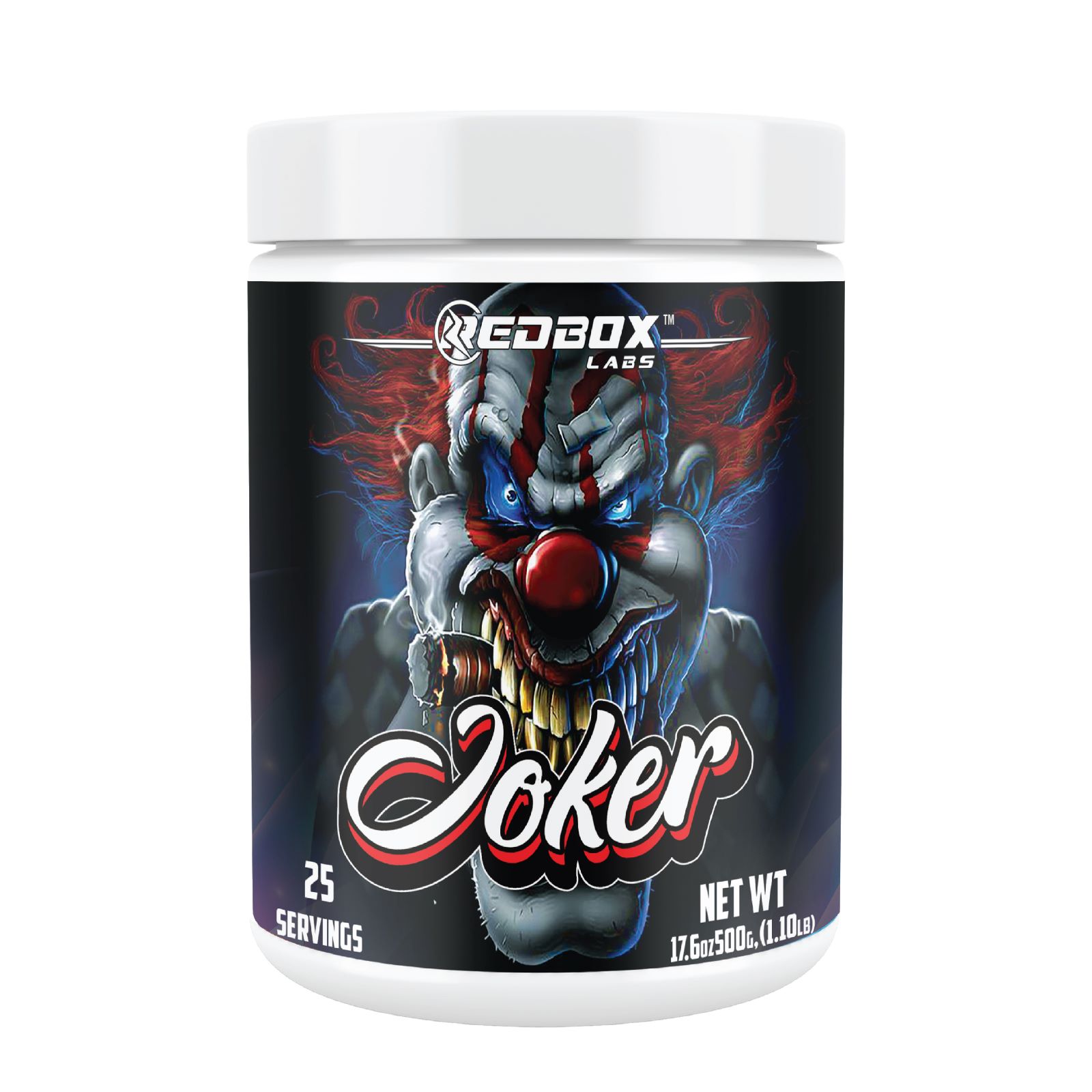
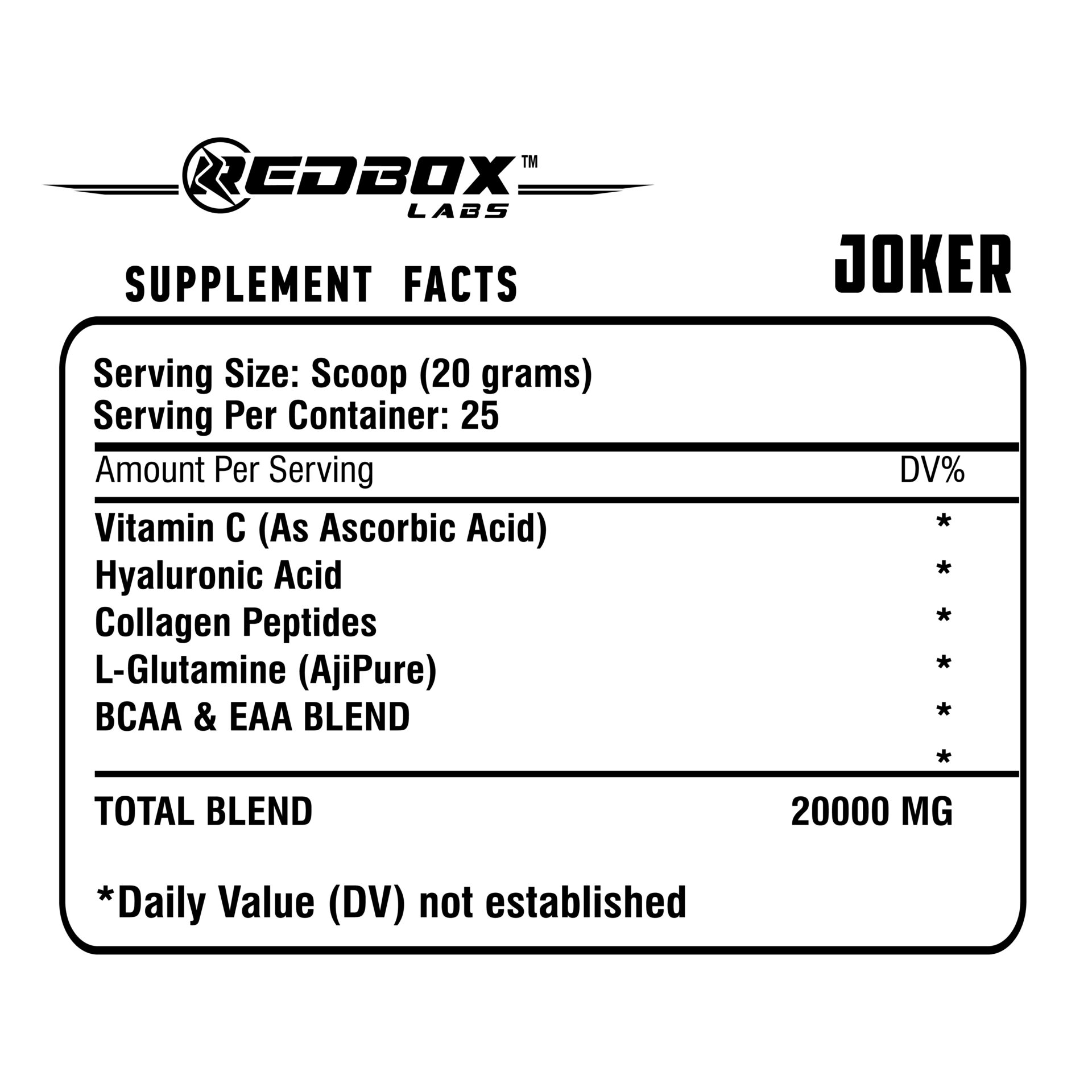

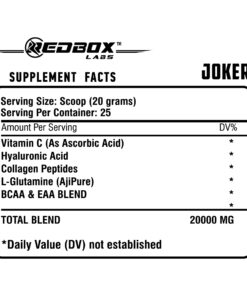
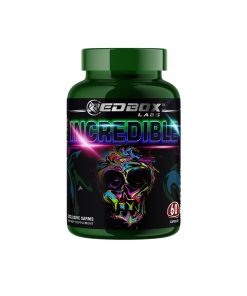
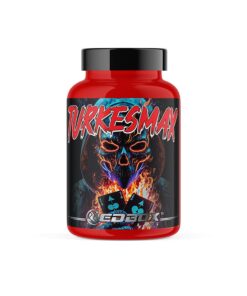
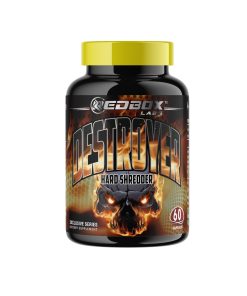
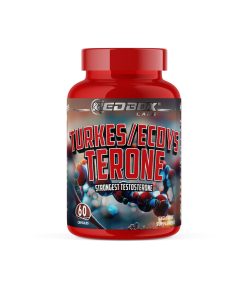
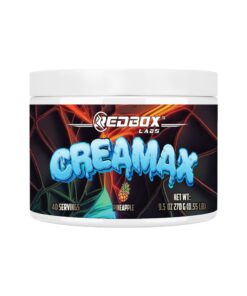
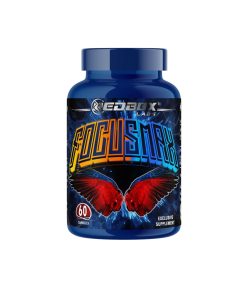
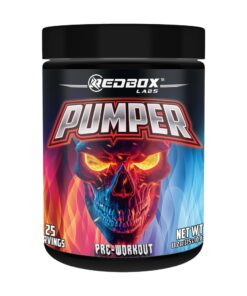
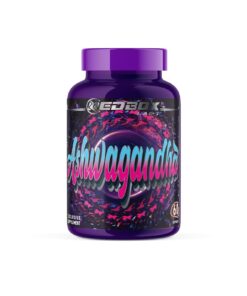
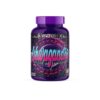
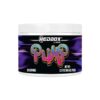

Reviews
There are no reviews yet.